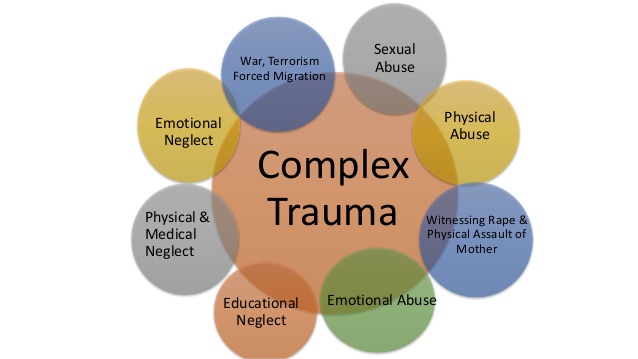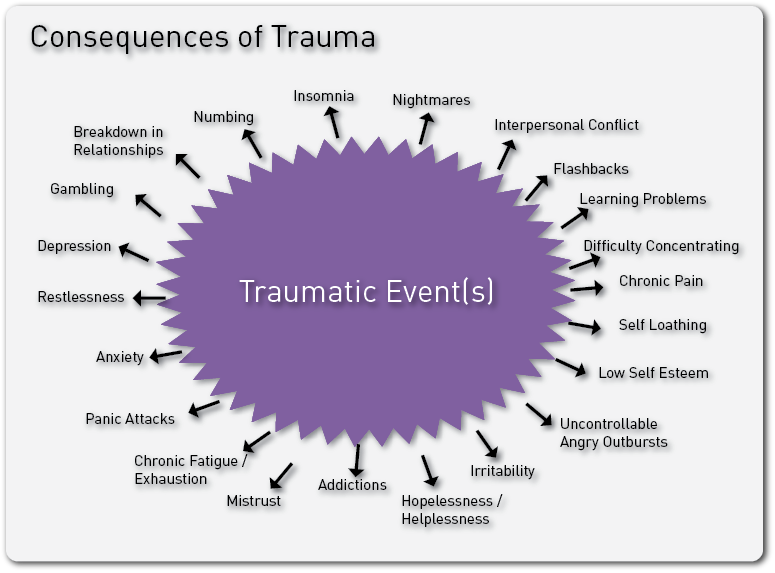Trauma can happen to any one at any time and when not resolved, can influence thoughts, emotions and behavior, consciously or unconsciously.
Living in a country where we have more people die as a result of violence than a country with war, confirms that as a country we still have a long way to go for healing.
A traumatic event can be defined as an event that caused physical, psychological or emotional harm to oneself or someone close to you.
Examples of traumatic events include:
- home break-in
- armed robbery
- hi-jacking
- death of a family member, lover, friend, teacher or pet
- divorce
- physical pain or injury (e.g. severe car accident and waking up under anesthesia)
- serious illness
- war
- natural disasters
- terrorism
- moving to a new location
- parental abandonmnet
- witnessing a death or accident causing death
- rape
- domestic abuse
Treating trauma effectively is no longer a dream and with various techniques, trauma does not have to influence your future.
Typically trauma counselling is not done within the first 72 hours after an incident and should people get helped during these initial hours, it is called trauma debriefing. When someone has been through a traumatic incident, a lot of hormones are secreted to help you survive. It takes the body some time to work out these hormones. During this initial stage after a traumatic event, it is important to get to a safe place and having people around that can support you.
Isolation is one of the things that makes trauma so harsh. No matter what you read in books, living with the aftermath of trauma can be very difficult, especially if you question what you experience. The question of "Am I normal to think this way or feel this way" can get you stuck. Speaking to a professional person about your experience can normalize your experience and show you ways of dealing with what you experience.
In my practice, trauma counselling is usually double session where we will go through the incident and look at current and expected thoughts and feelings. When these thoughts and feelings keep intruding in life, I use Multi Level Processing (MLP) to allow the brain to process the event. This process is both safe and effective in dealing with trauma. There are various factors that influence how we experience trauma. One such a factor is our ability to have dealt effectively with previous trauma in our life.
Online booking
Click here to view appointment times and book your appointment online.


